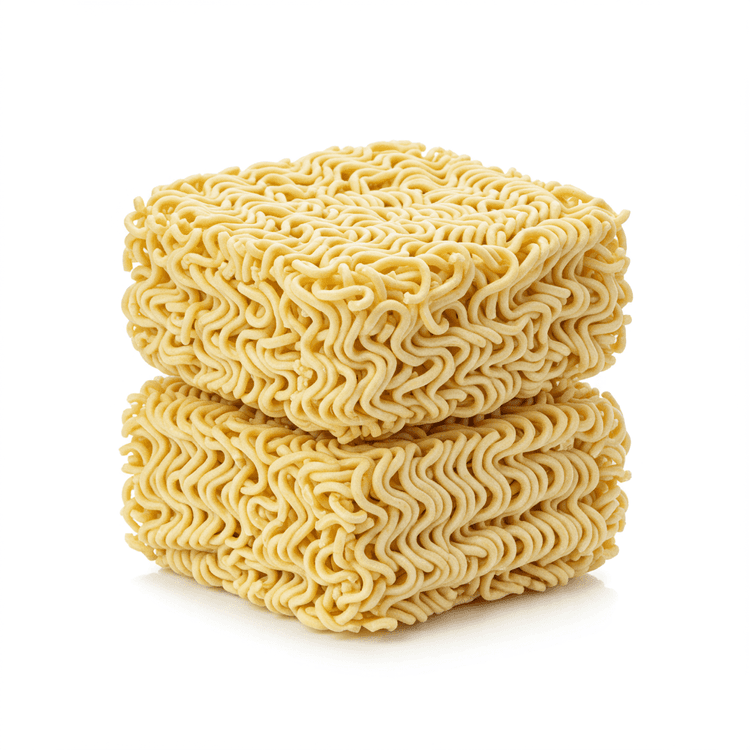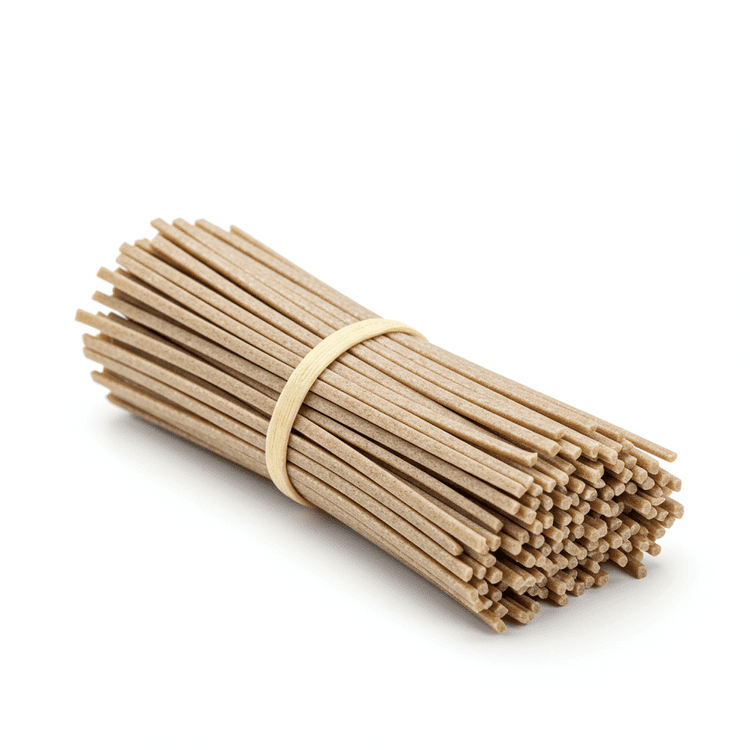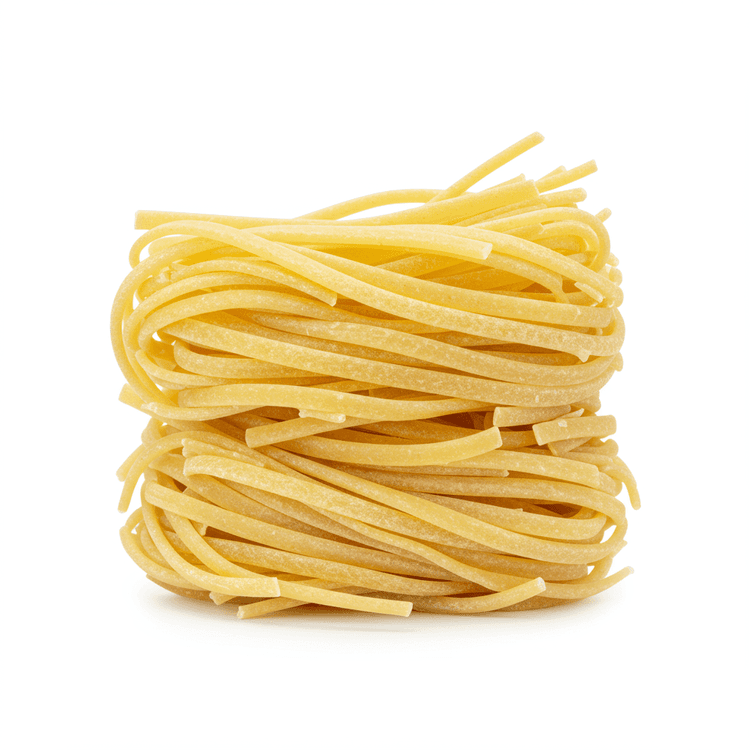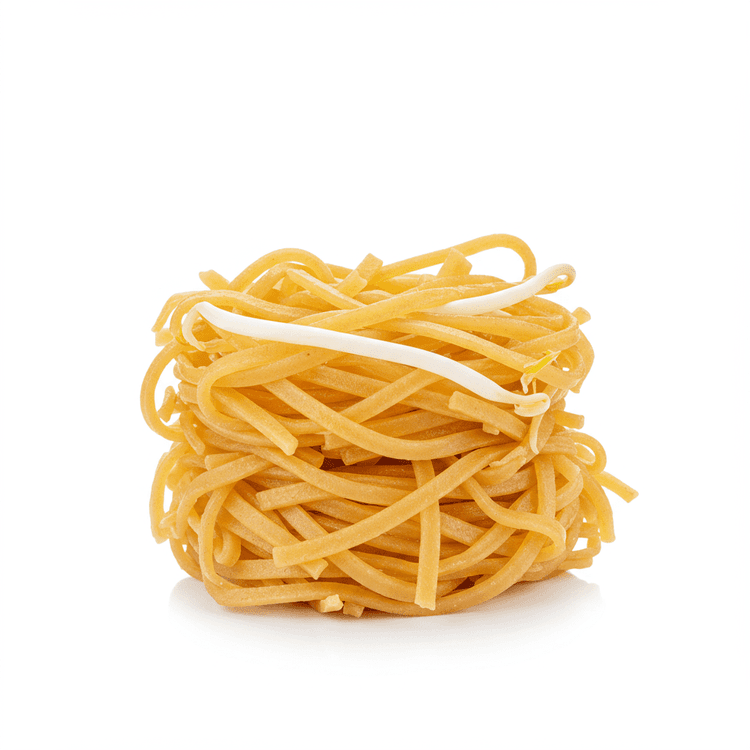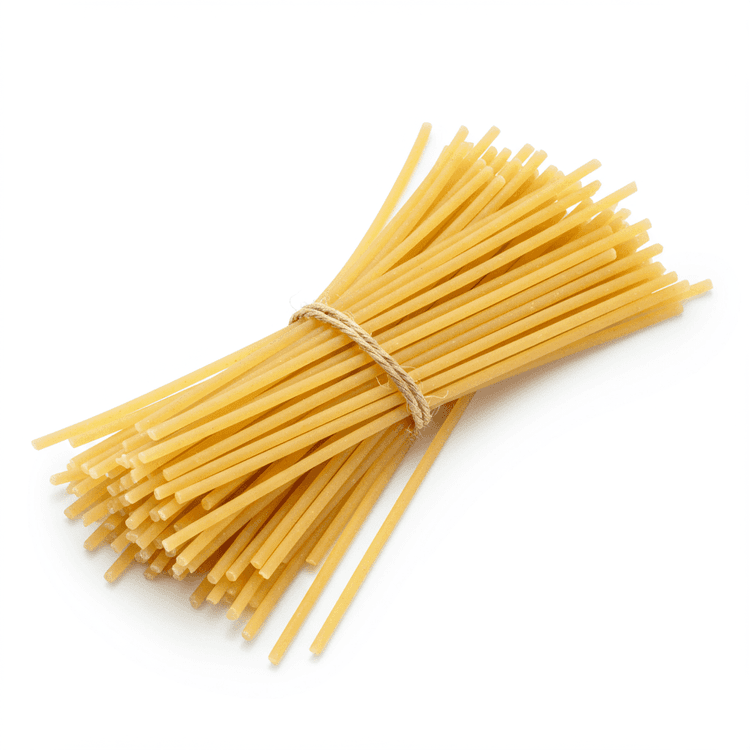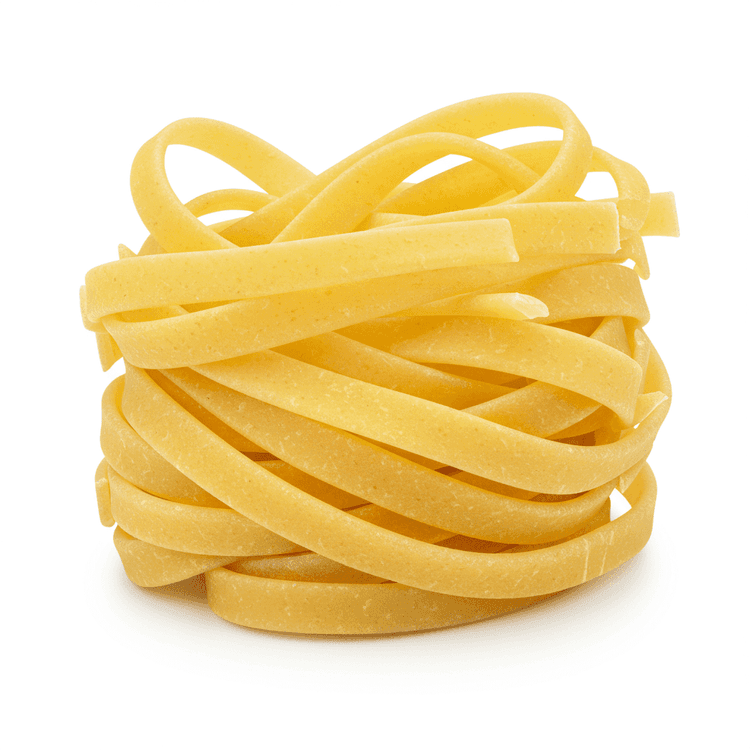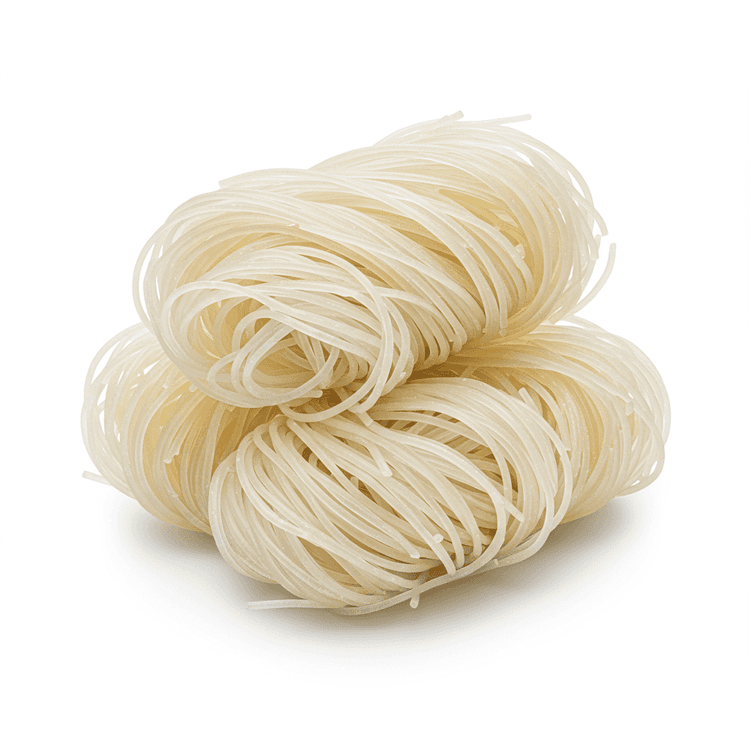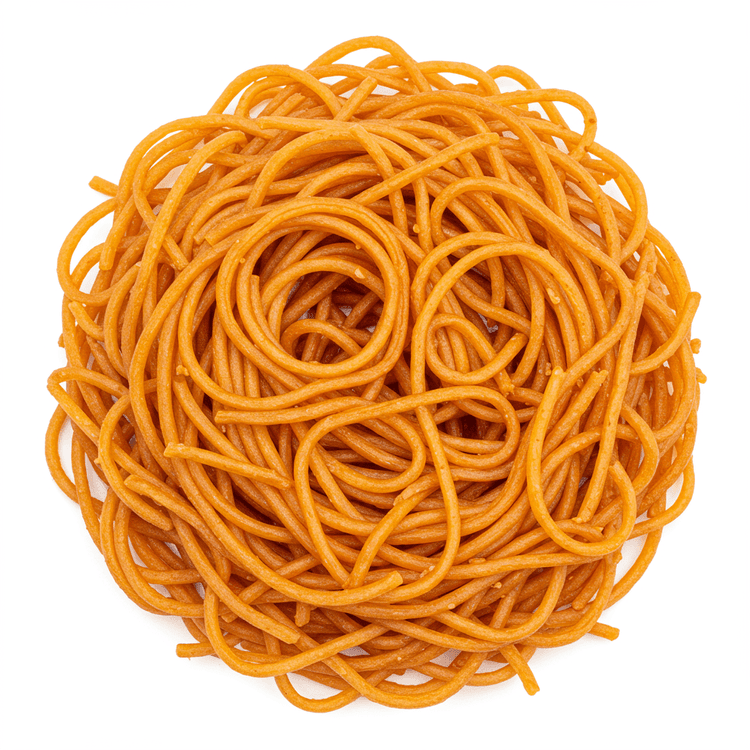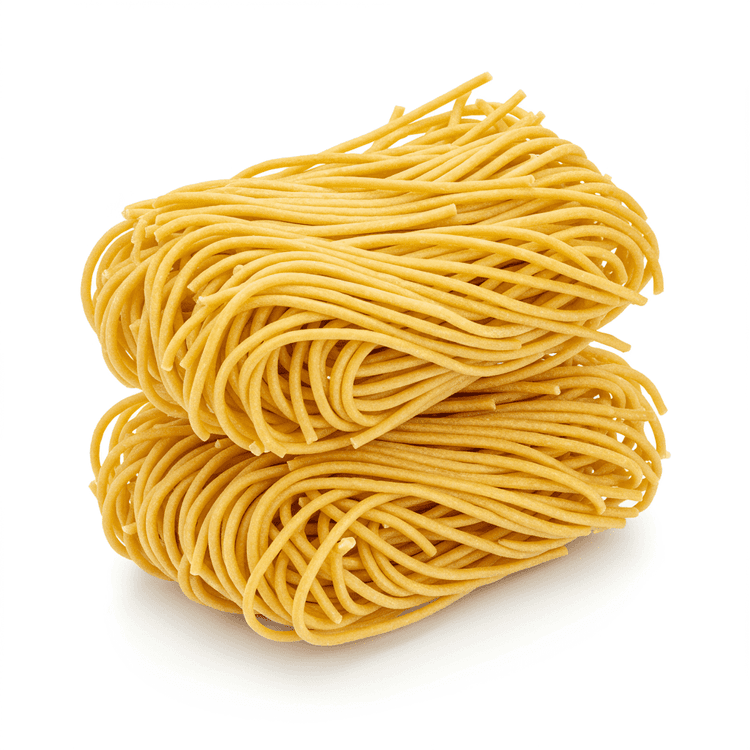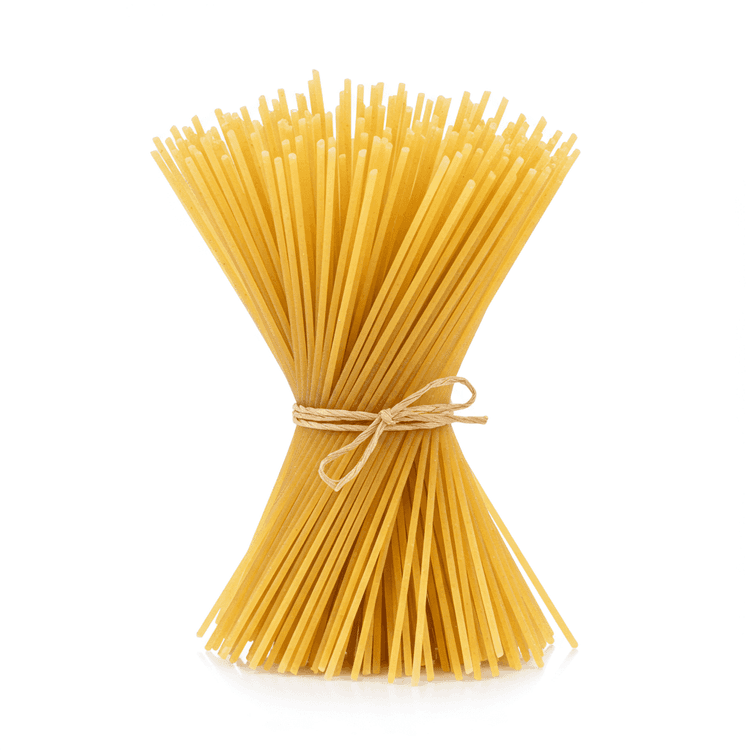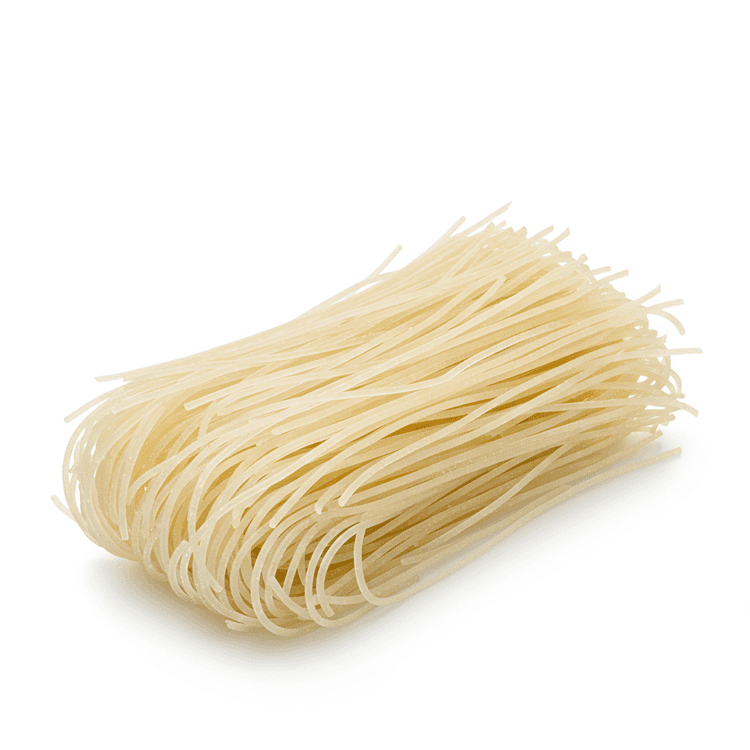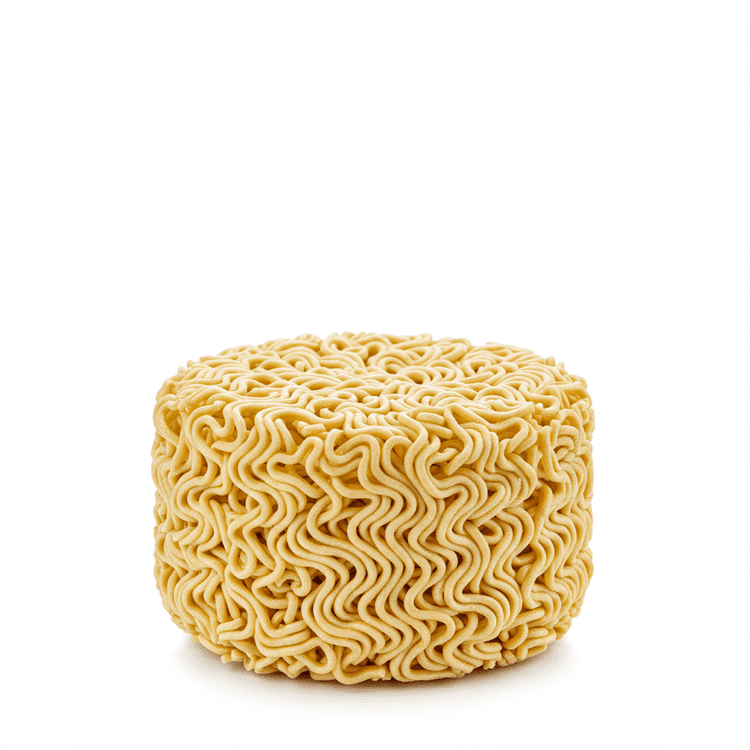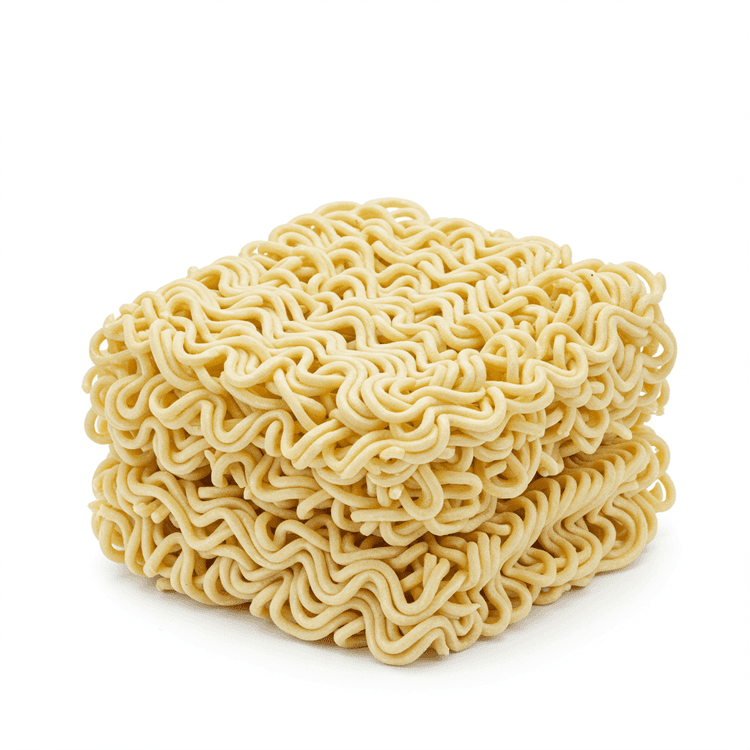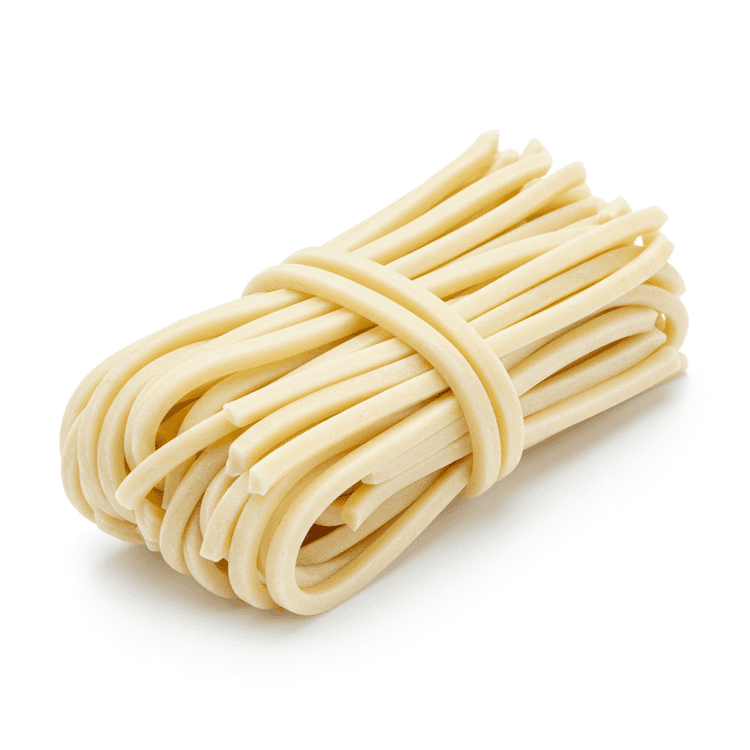
Udon Noodle
Udon noodles are thick, chewy Japanese noodles made from wheat flour, water, and salt. They have a smooth, slippery texture and a mild, slightly sweet flavor that makes them incredibly versatile. These white, satisfying noodles are a staple in Japanese cuisine, perfect for both hot and cold dishes. Looking for the best Japanese noodles for a hearty soup or stir-fry? Udon noodles are a fantastic choice because of their texture and ability to soak up flavor.
Common Uses
- Used in hot noodle soups: Udon noodles are commonly served in a flavorful broth as a comforting and warming soup. The thick noodles provide a satisfying bite and soak up the delicious soup broth.
- Stir-fried with vegetables and protein: Udon noodles are perfect for stir-fries, offering a chewy texture that complements various vegetables, meats, or tofu. They readily absorb sauces, creating a well-flavored and fulfilling dish.
- Served cold with dipping sauce: Udon noodles can be enjoyed cold, often served with a chilled dipping sauce. This refreshing dish is especially popular in the summer months.
- Added to noodle salads: Udon noodles contribute a substantial and satisfying element to cold noodle salads, offering a pleasant contrast to the crisp vegetables and tangy dressings.
- Used in noodle bakes or casseroles: Udon noodles can be incorporated into baked dishes, such as casseroles, providing a unique texture and heartiness to the meal.
- Paired with curry: Japanese curry udon is a popular dish, where udon noodles are served in a thick and savory curry sauce.
Nutrition (per serving)
Nutrition (per serving)
Calories
127.0kcal (6.35%)
Protein
4.4g (8.74%)
Carbs
25.7g (9.33%)
Sugars
0.5g (1.02%)
Healthy Fat
0.4g
Unhealthy Fat
0.1g
% Daily Value based on a 2000 calorie diet
Nutrition (per serving)
Calories
127.0kcal (6.35%)
Protein
4.4g (8.74%)
Carbs
25.7g (9.33%)
Sugars
0.5g (1.02%)
Healthy Fat
0.4g
Unhealthy Fat
0.1g
% Daily Value based on a 2000 calorie diet
Health Benefits
- Provides carbohydrates for energy, fueling daily activities and exercise.
- Offers a source of iron, essential for oxygen transport and preventing anemia.
- Contains some B vitamins, which support nerve function and energy metabolism.
- Can be a source of dietary fiber, promoting digestive health and regularity (especially whole wheat varieties).
- Lower in fat compared to some other noodle types, contributing to a balanced diet.
- May have a lower glycemic index compared to other refined carbohydrates, leading to more stable blood sugar levels (especially whole wheat or soba varieties).
Substitutes
Chefadora AI is here.
Experience smarter, stress-free cooking.
Storage Tips
Uncooked, dried udon noodles should be stored in a cool, dry place in an airtight container or their original packaging. They can last for several months to a year. Fresh udon noodles are best stored in the refrigerator and consumed within a few days of purchase to maintain their texture and prevent spoilage. Cooked udon noodles should also be refrigerated promptly and used within 1-2 days. If freezing, separate the noodles into portions before freezing and cook from frozen.
Marnirni-apinthi Building, Lot Fourteen,
North Terrace, Adelaide, South Australia, 5000
Australia
